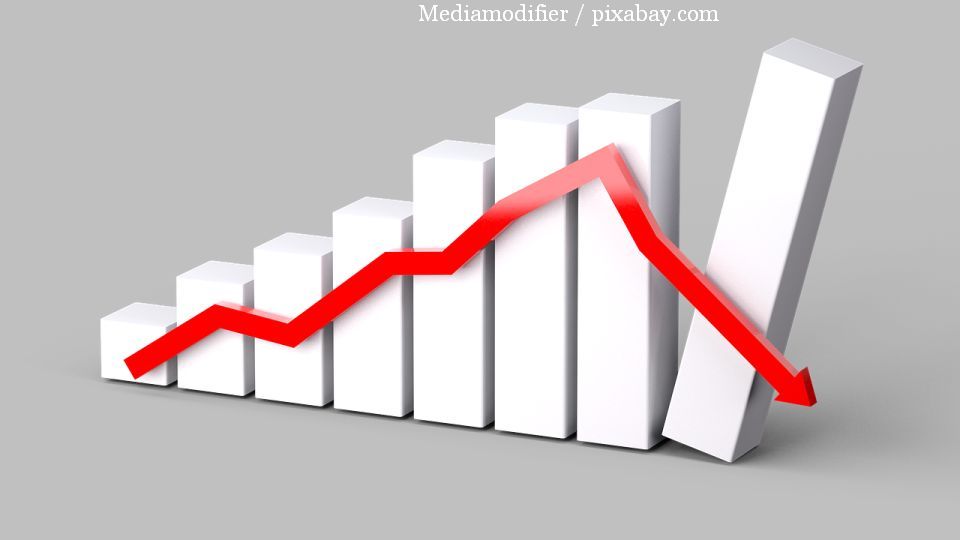The Romanians and their living standard
The monthly average total revenues in Romania last year were by almost 14% higher than in 2021, while expenses accounted for more than 85% of the money earned.

Corina Cristea, 08.06.2023, 14:00
Life unfolds in a universe of figures, so that studies on the living standards, conducted by various relevant companies, or the centralised data supplied by the National Institute of Statistics for instance, cannot pass unnoticed. These are important indicators as they show the level of revenues and the purchasing power, the living standards and people’s degree of satisfaction as regards the life they live, are relevant for the level of education and health and also for the degree to which people can afford a house, a car or a holiday. Such study, conducted by GfK Purchasing Power Europe, shows for instance that 2022 was a year when neither plane tickets, nor holiday offers were in high demand, as most Romanians, concerned about the economic prospects, said they planned to save more than before (68%) and invest in education (22%).
The study also shows that the average purchasing power was by 51% below the European average, which placed Romania 31st among the 42 countries analysed. According to the most recent data provided by the National Institute for Statistics, although the monthly average total revenues stood at around 1,300 euros per household last year, up by almost 14% as against 2021, the living standards did not improve. This is because of inflation, as expenses exceeded 85% of the revenues.
In urban areas, the monthly total revenue exceeded 1,400 euros, being by 1.3% higher than in rural areas. Most money (over 60%), went to household consumption, while 30% was used to pay taxes and duties. The food products accounted for one third of the households’ expenses. The Romanians spent on alcoholic beverages and cigarettes around 53 euros per month, and only 3.4 euros on education.
Insufficient revenues have serious social consequences and have prompted numerous social categories take to the streets. For almost three weeks, the general strike in education has been making headlines, while the healthcare staff, the employees of penitentiaries as well as railway workers have been asking for higher salaries, through street protests.
Caught between the trade unions’ demands on the one hand and the need to reduce expenditure on the other, given that the collection of revenues to the state budget is lower than estimated, politicians are looking for solutions. These solutions are highly needed, as economic growth is expected to be smaller this year while inflation is still high. (EE)






























